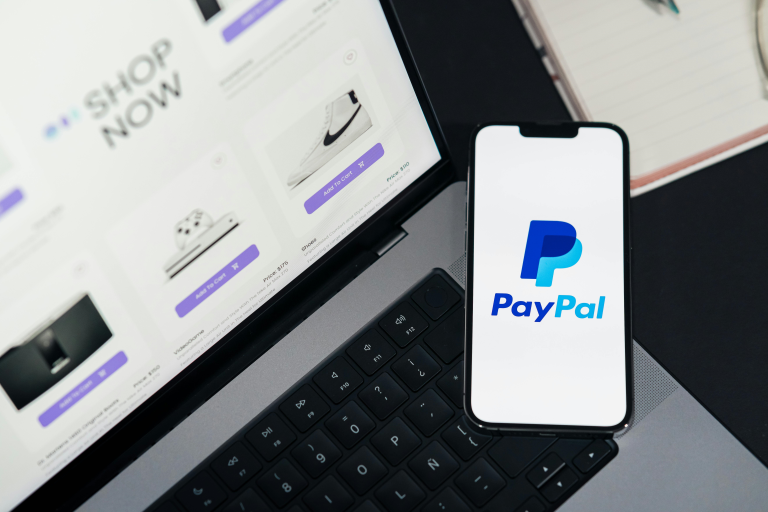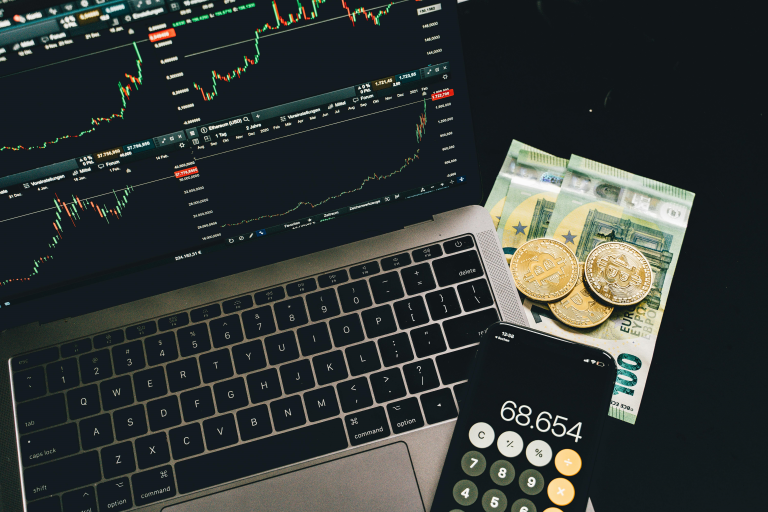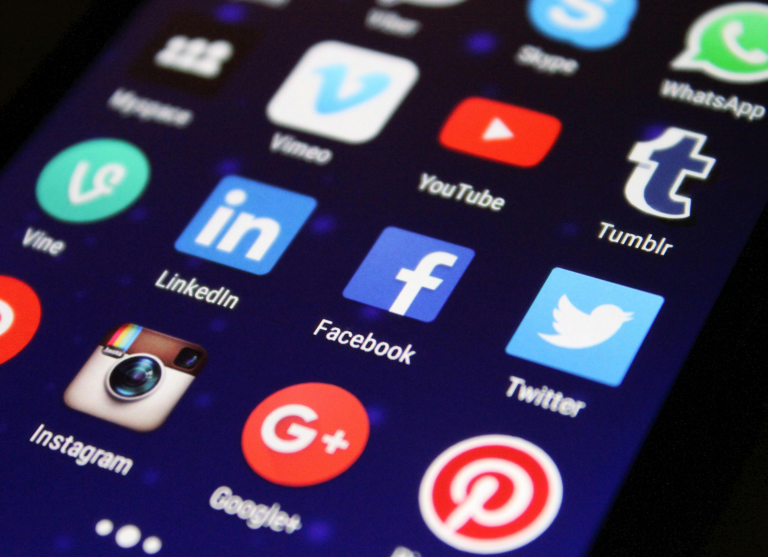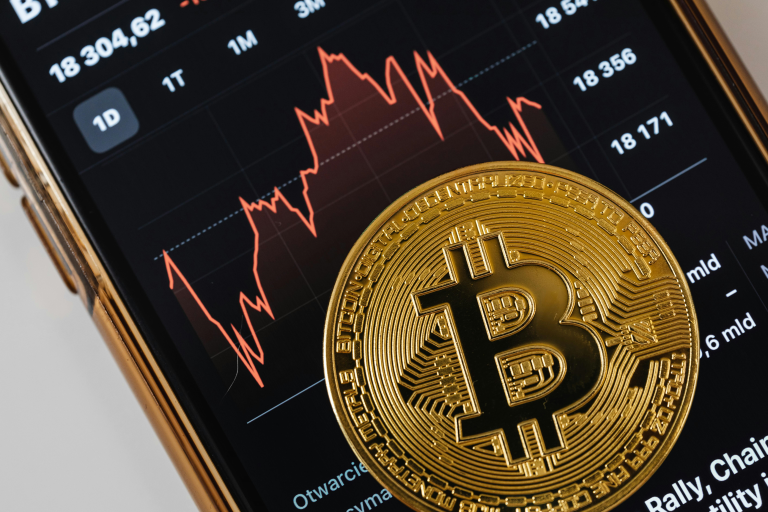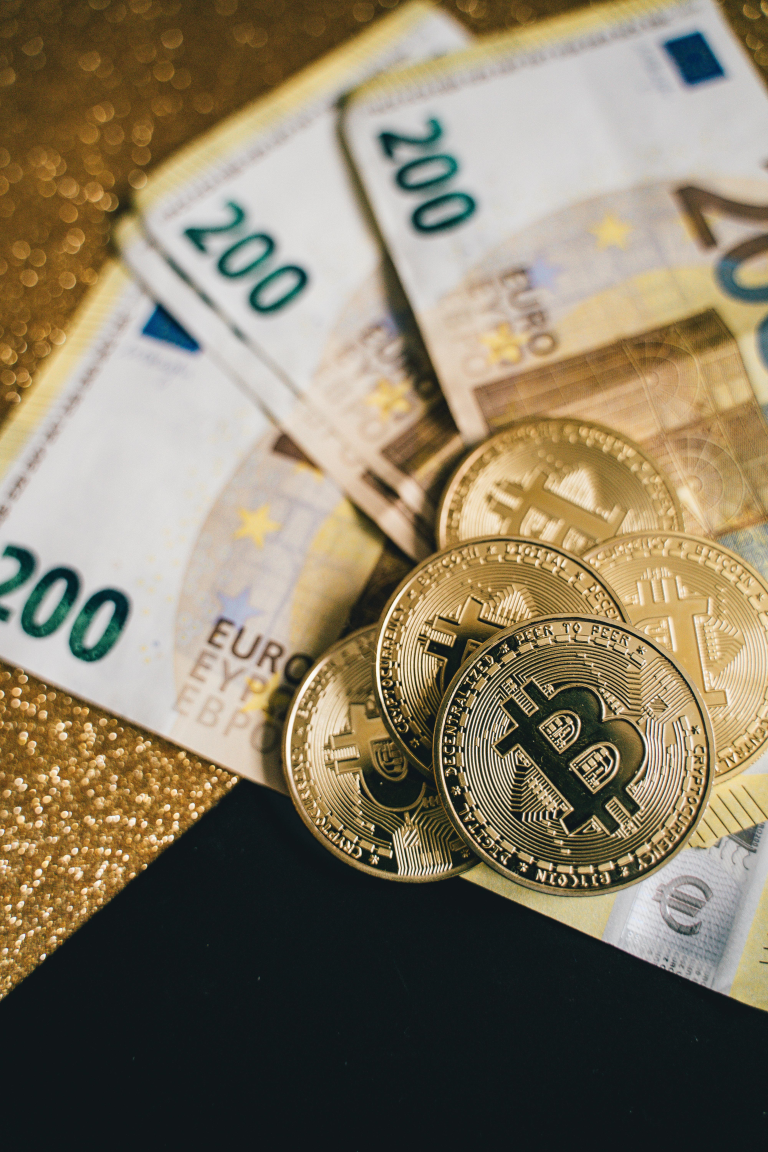
PayPal is a payment platform that operates through both a website and mobile app, allowing users to make payments via online money transfers. To use PayPal, customers create an account and link it to a checking account, credit card, or both.
Once the identity and payment methods are verified, users can send or receive money online or shop using PayPal as an intermediary. PayPal is accepted by millions of retailers, both large and small, for online and in-store transactions.
Additionally, PayPal offers credit and debit cards that carry its brand name. PayPal toll-free customer service
How PayPal Works
PayPal provides payment services for both consumers and merchants who accept PayPal. Merchants can use a PayPal card reader in physical stores or offer PayPal as a payment option on their websites.
Consumers can easily pay invoices and transfer money. Funds can be sent to any email address or phone number, even if the recipient doesn’t have a PayPal account. If the recipient lacks an account, they will be prompted to create one after receiving the payment.
To set up an account, users need an email address and must link a credit card, debit card, or bank account. Additionally, users must verify their mobile number. PayPal verifies this information to ensure the account is being set up by its rightful owner before the service can be used.
Shoppers can select PayPal as a payment option to finalize purchases online, provided the retailer offers the service. Transactions are typically completed within minutes. For business owners, funds may be available immediately after a sale, though in some cases, a portion or all of the funds may be held for up to 21 days. This is more common for new sellers without an established sales history.
PayPal for Business
PayPal provides businesses with a variety of tools to streamline their operations, including payment solutions for both online and in-person transactions, business management services, and credit and financing options. Business owners must also provide an email address to set up an account.
To enhance security during online purchases, PayPal enables transactions without requiring either party to share their credit card or bank account details with the merchant, ensuring the safety of funds and protecting privacy.
PayPal Fees
PayPal generates a significant portion of its revenue from the fees it charges merchants, rather than consumers making payments.
There is no fee when using PayPal to pay for purchases in your home currency or when sending money to friends or family (again, within your home currency). Transfers to and from PayPal and your bank account are also free, unless you opt for an instant transfer. PayPal 24/7 customer support
Other transactions do incur fees:
- A currency conversion fee of 4% is charged to the buyer or sender when making a purchase or sending money.
- Sellers are charged a fee of 2.29% to 3.49% plus a fixed fee per transaction, depending on the buyer’s payment method. Credit and debit card transactions incur a 2.99% fee plus a fixed fee.
- PayPal-branded credit and debit cards are free to use, though certain fees may apply, as with any card. Interest may also accrue on the credit card balance.
Additional fees apply to less common transactions, such as buying and selling cryptocurrencies or receiving charitable donations.
PayPal vs. Competitors
As of June 2024, PayPal holds 37.8% of the online payment market, making it the second-largest platform, just behind Stripe, which has a 37.9% share. Competitors like Authorize.net and Square Point of Sale have significantly smaller market shares at 5.6% and 4.1%, respectively.
While this doesn’t necessarily make PayPal superior, it does indicate that PayPal and Stripe are more widely used by merchants compared to other platforms.
About Stripe
Stripe is a payment platform with headquarters in San Francisco and Dublin, Ireland. Stripe Connect, a newer offshoot, is designed for small online businesses, particularly those seeking to expand internationally. It allows these businesses to accept payments from numerous credit cards in 135 currencies, with Stripe acting as the intermediary.
A comparison by Forbes shows that while PayPal and Stripe offer similar services and fees, PayPal might be more user-friendly for small merchants, while Stripe provides more customization options for businesses.
Special Considerations
Although PayPal is not a bank, it adheres to many consumer protection regulations similar to those governing banks.
For instance, your liability for unauthorized transactions depends on how quickly you report the activity to PayPal. Prompt reporting helps limit your liability, and it’s recommended to check your PayPal account regularly to stay informed of any issues.
History of PayPal
PayPal’s origins trace back to the late 1990s when it was launched as a payment system for Palm Pilot users by the software company Confinity. The company later merged with X.com, an online banking firm, and officially adopted the PayPal name in 2000.
PayPal gained mainstream popularity as the preferred payment method for eBay buyers and sellers. In 2002, eBay acquired PayPal and made it the site’s official payment platform, working to expand its reach.
In 2015, PayPal became an independent company once more, with shares traded on Nasdaq under the ticker symbol PYPL.
Over the years, PayPal has acquired several companies that have expanded its capabilities in financial transactions, digital money transfers, and payment services. These acquisitions have brought new technologies and features to the PayPal platform. Notably, PayPal purchased Braintree, the owner of Venmo, in 2013. Other notable acquisitions include Xoom, Zettle, Hyperwallet, Honey, Chargehound, Paidy, and Simility.
Is PayPal a Good Option for Small Businesses?
PayPal is a major competitor in the small business payment space, offering several advantages. These include ease of use and access to various additional features that can help manage a small business. However, its downside is the relatively high merchant fees compared to some other credit card payment processors. Keep in mind that while basic services are free for users, merchants bear the associated costs.
Is PayPal a Good Choice for Consumers?
For online shopping in the U.S., PayPal is often the primary payment option at checkout, alongside the option to pay directly with a credit or debit card. If your card or bank account details are already saved in PayPal, it may be quicker to use PayPal instead of re-entering your payment details on the website. Additionally, PayPal can offer extra security since you don’t have to share your payment information directly with the seller. It also provides buyer protection for cases when items are not received as ordered. PayPal toll-free customer service
In physical stores, however, you have many payment apps to choose from, so it’s best to compare options and select the one that suits your needs.
Is PayPal Safe to Use?
PayPal employs end-to-end encryption to protect transactions, and users can enable two-factor authentication for added security. It offers one of the safest options for electronic transactions.
The Bottom Line
PayPal is a leading platform in the crowded payment app market, both for online and in-person transactions. Its basic services, such as paying for goods with a linked checking account and transferring money, are free for users. However, other services, like currency conversions and instant transfers, do incur fees, which are in line with industry standards.
Merchants who accept PayPal are charged transaction fees but also gain access to a range of business services. As the dominant service for online payments, PayPal is a solid choice, though small business owners should also consider reviews of competitors when deciding on the best payment app for their needs.

